Nissan Leaf 24 kWh
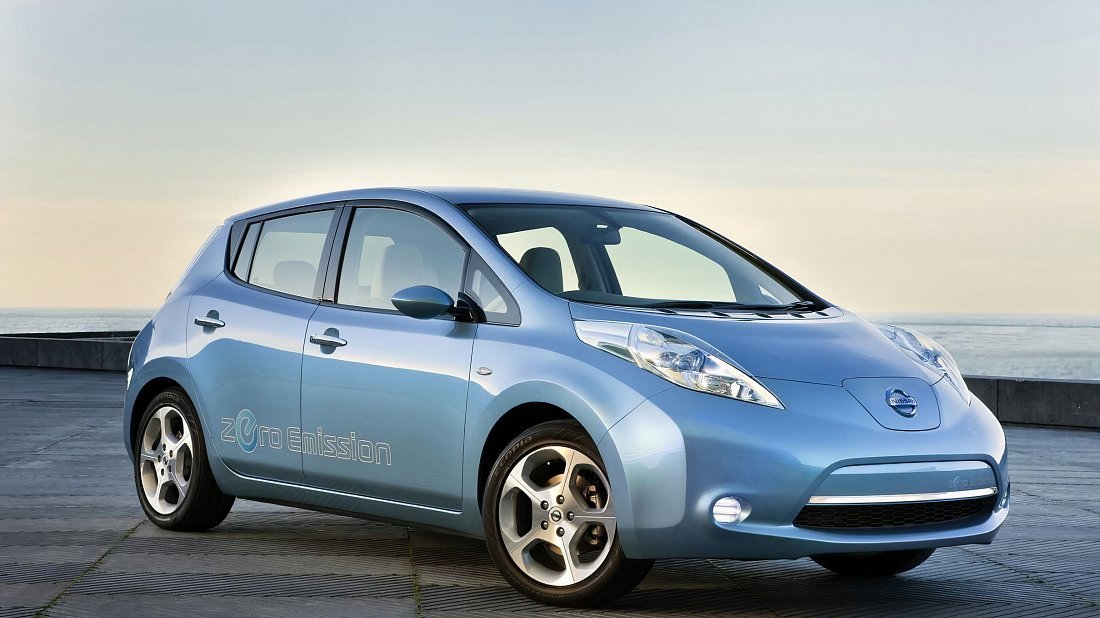
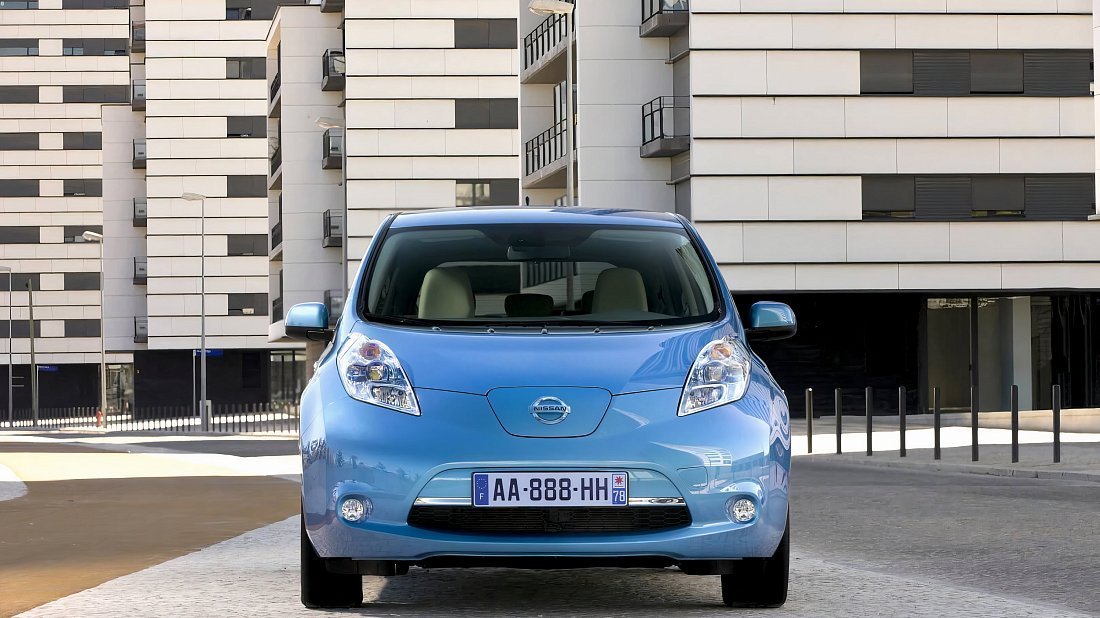
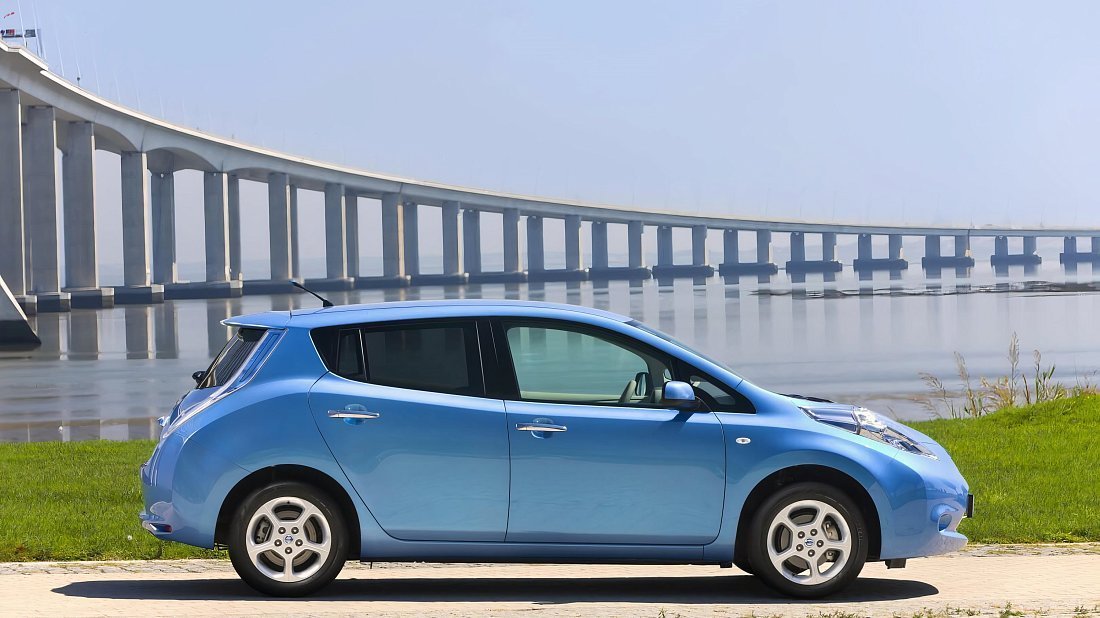
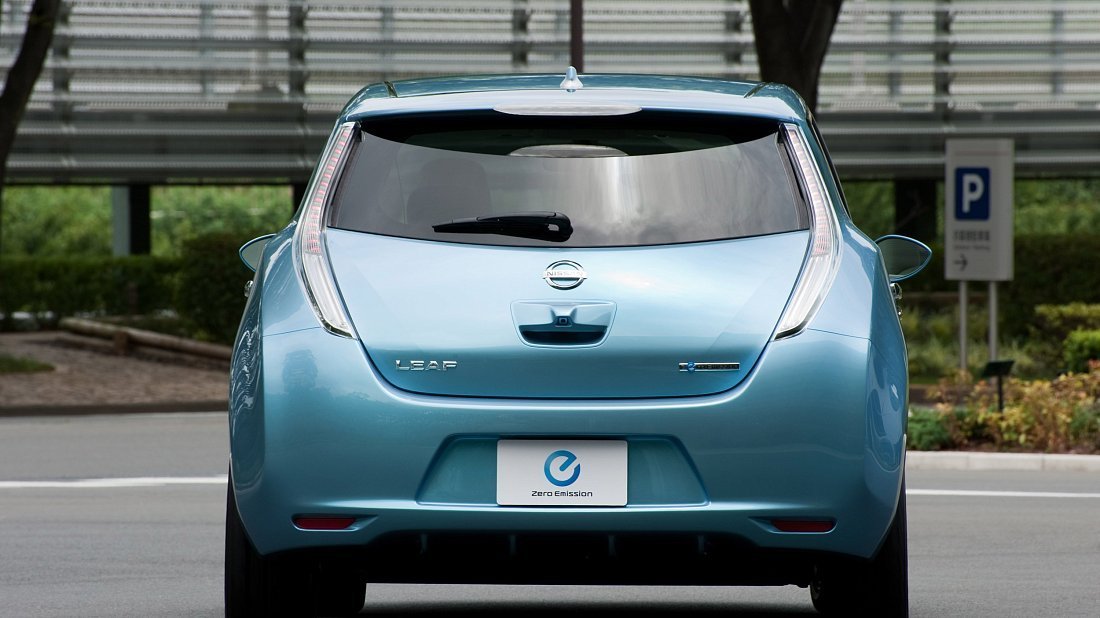
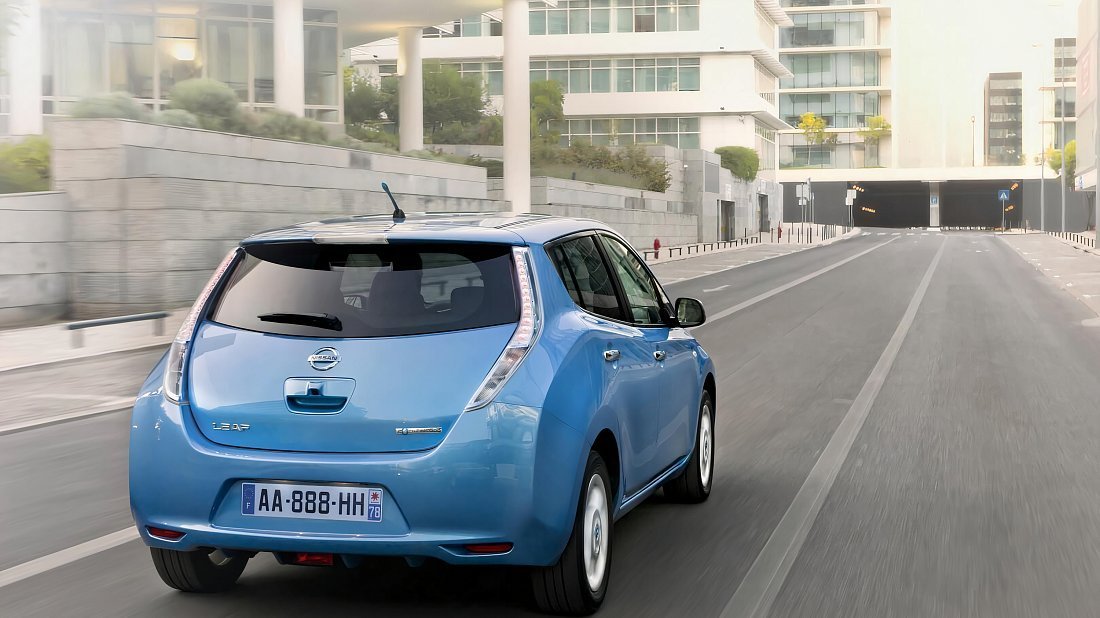
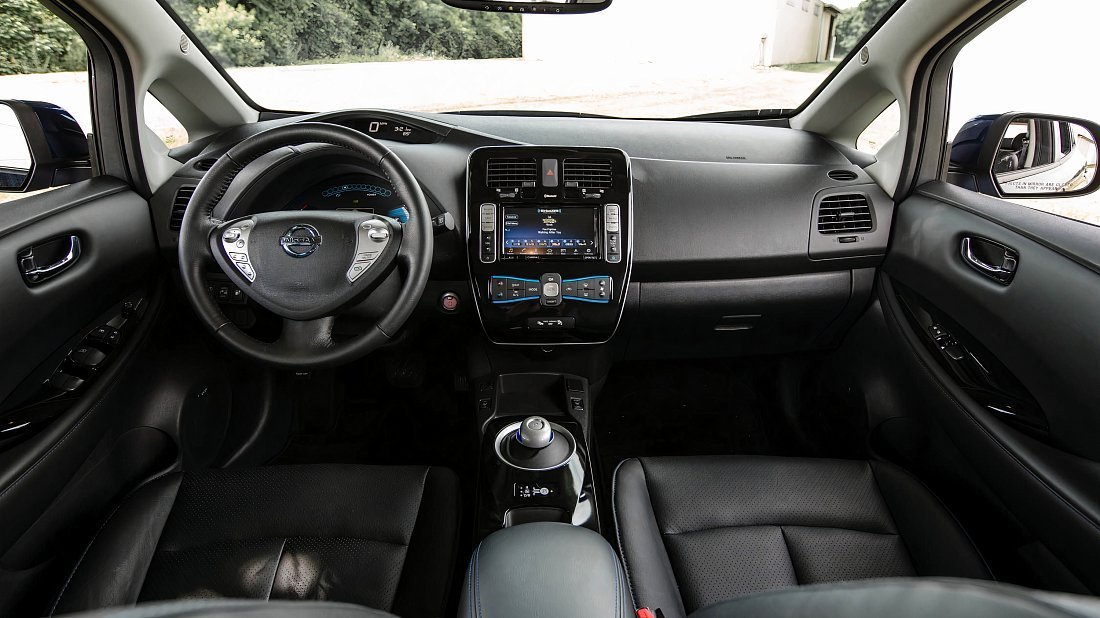
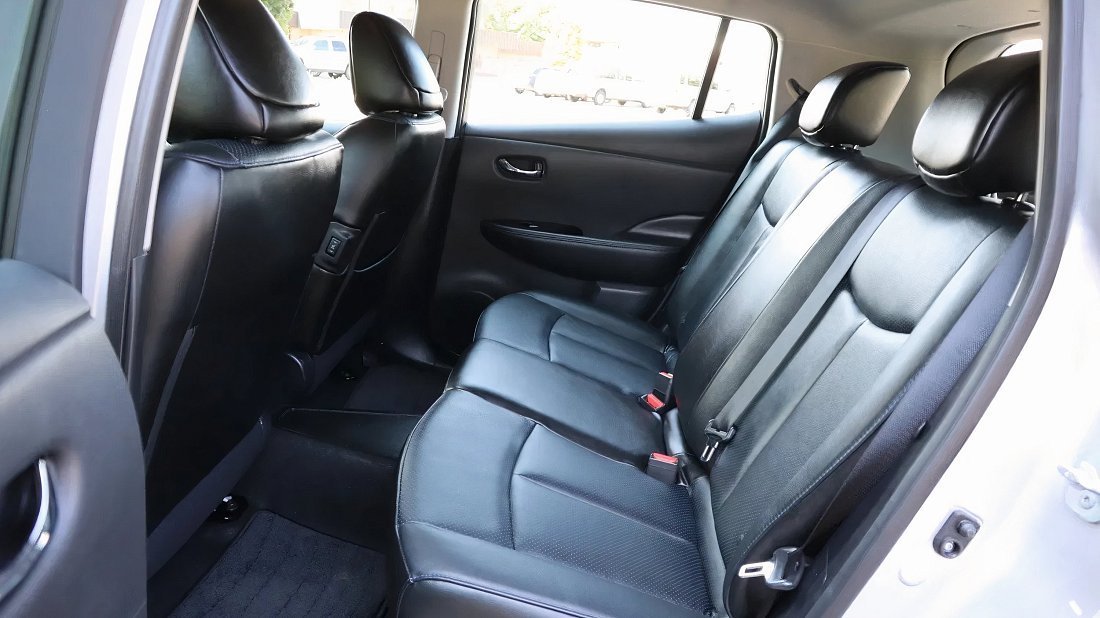
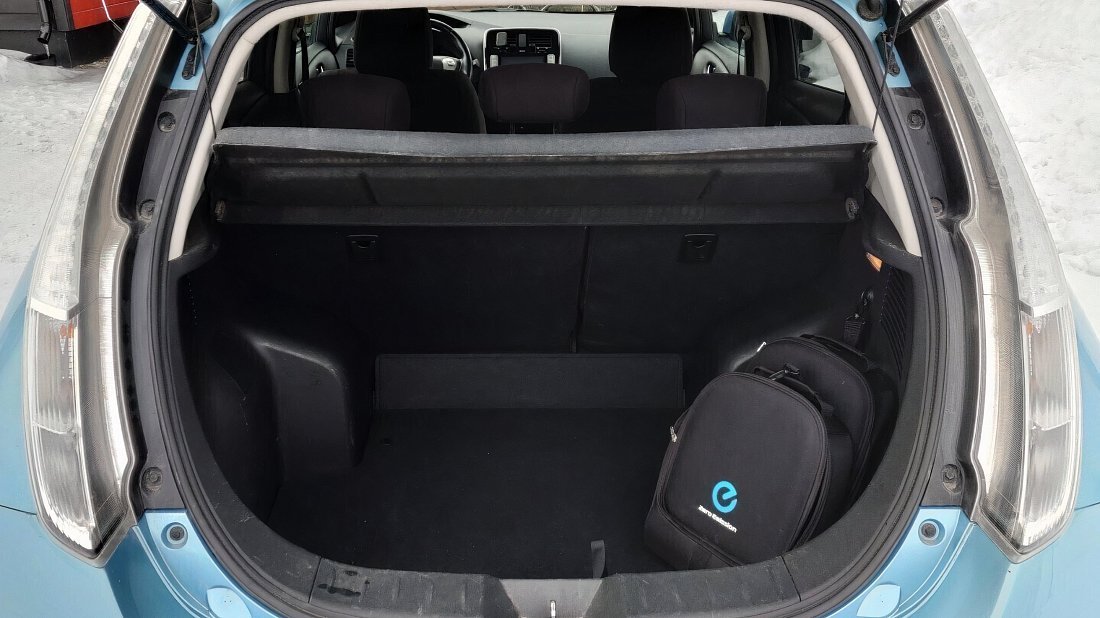
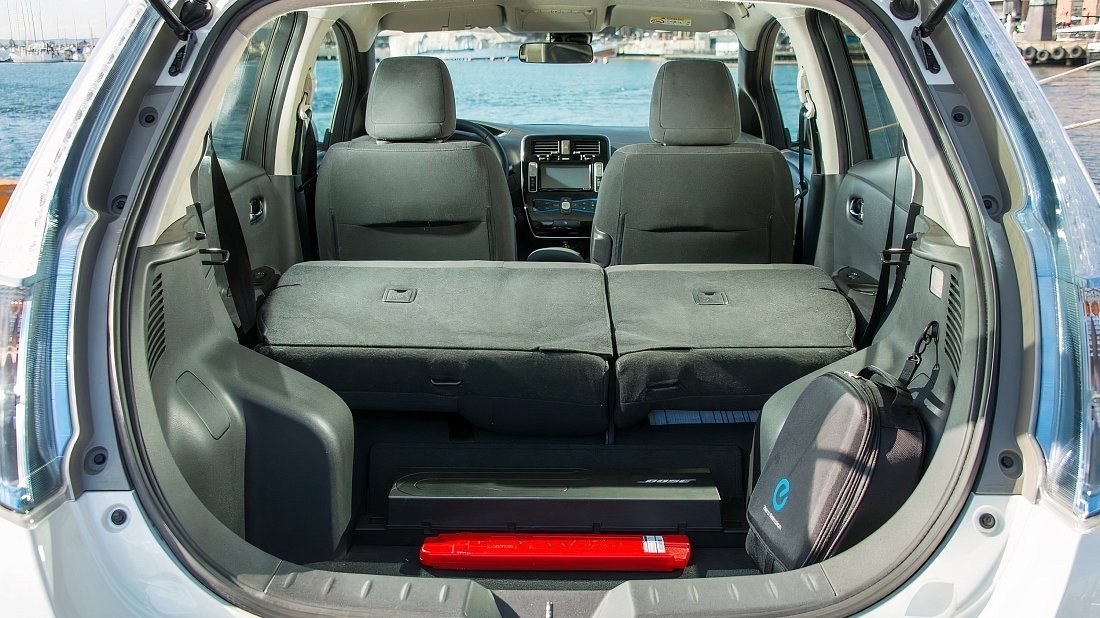
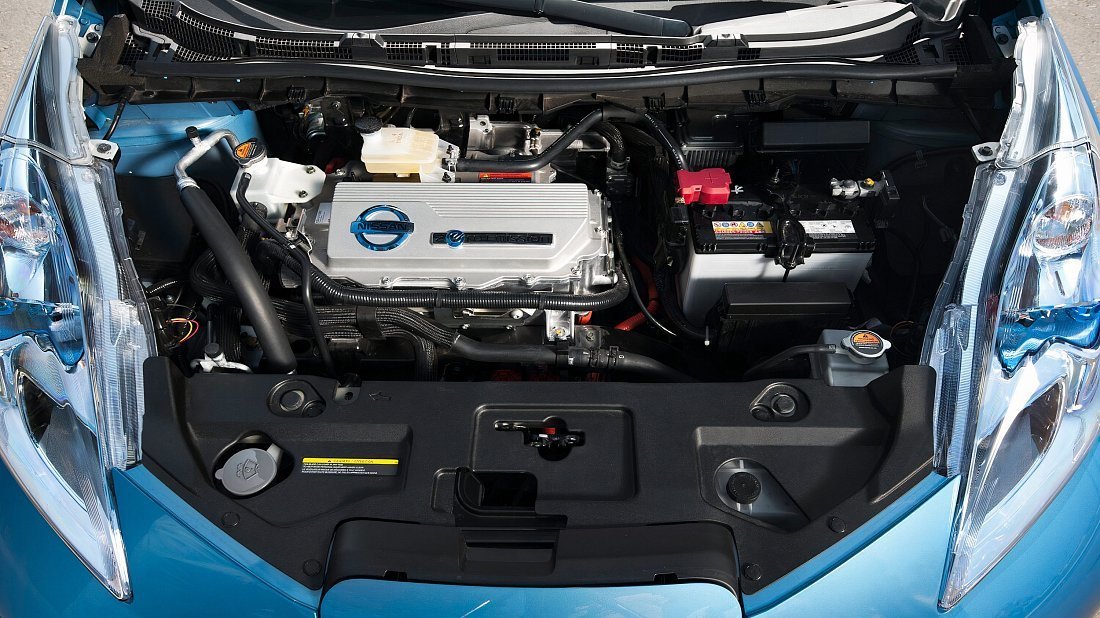
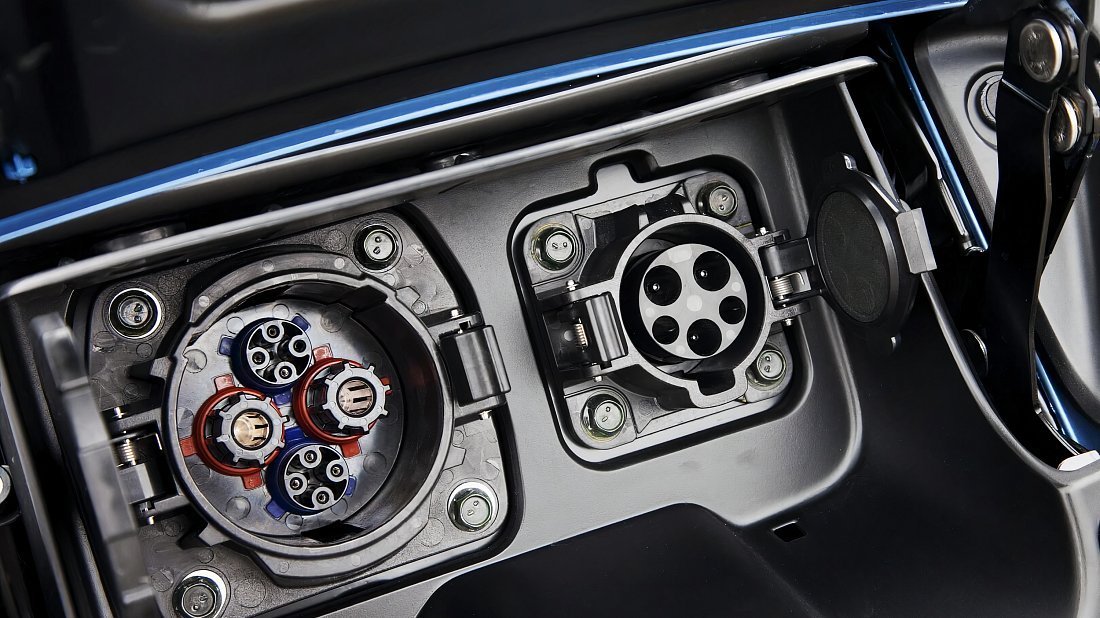
Overview
Main Overview Information
- Price Europe (New)
- No Data
- Price Europe (Used)
- €5.950
- Country of Manufacture
-
- Japan
![Japan Japan]()
- UK
![UK UK]()
- USA
![USA USA]()
- Japan
- Years of Production
- 2013-2018 (Discontinued)
- Body Style
- Hatchback
![]()
- Market Availability
- EU, USA
Pros and Cons
Reasons to Buy
- Highly affordable used
- Proven EV reliability
- Ideal city commuter
- Strong safety rating
- Low running costs
Reasons Not to Buy
- Limited real-world range
- CHAdeMO DC charging
- Battery health concerns
- Outdated interior tech
- Slow standard AC charge
Overview
The 2018 Nissan Leaf 24 kWh represents the final model year for the pioneering first-generation electric hatchback that truly brought EVs to the masses. While it was being phased out for an all-new Leaf, this version remained an affordable entry into zero-emission motoring, particularly on the used market where you can snag one for around €5,950. It’s a no-fuss, practical EV, perfect for city commuting or as a dependable second car. Its mission was simple: make electric driving accessible, and it nailed that for years.
What's New for 2018?
For this specific 24 kWh version of the Nissan Leaf, 2018 wasn't about a raft of shiny new features. Instead, it marked the swansong for this groundbreaking first-generation model. The big news for the Leaf nameplate in 2018 was the launch of the entirely redesigned second-generation car, boasting a larger battery and fresh styling. So, the 24 kWh model soldiered on largely unchanged from its previous year, representing a proven, albeit older, package as Nissan transitioned its electric flagship. It was the last call for this original EV hero in some regions.
Design & Exterior
The 2018 Nissan Leaf 24 kWh sports that distinctive, slightly bug-eyed look of the first-gen model – a design optimised for aerodynamic efficiency rather than aggressive Cues. Its dimensions are city-friendly: 4445 mm long, 1770 mm wide (excluding mirrors), and 1550 mm tall. You can't miss its prominent centrally-mounted front flap hiding the charge ports, a signature of this era Leaf. While not a traditional head-turner, its unique silhouette became an early icon of the electric revolution, instantly recognisable on the road, typically rolling on practical steel or alloy wheels.
Interior, Tech & Cargo
Step inside the 2018 Leaf 24 kWh and you’ll find a straightforward, functional cabin designed for practicality. It’s not dripping with luxury, but materials are durable, and there's decent space for its 5 seats. Cargo-wise, you get a practical 370 litres in the boot, expanding to a useful 720 litres with the rear seats folded down – though there's no frunk. Tech was fairly basic by 2018 standards for this outgoing model, often featuring a simple infotainment screen with core functions; don't expect widespread Apple CarPlay or Android Auto integration here.
Performance & Driving Experience
Under the skin, the Leaf 24 kWh packs an 80 kW Permanent Magnet Synchronous Motor (PMSM), delivering a zesty 254 Nm of torque instantly to the front wheels. This setup allows for a 0-100 km/h sprint in 11.5 seconds – plenty nippy for darting through city traffic and reaching a top speed of 144 km/h. The driving experience is classic EV: smooth, quiet, and surprisingly responsive from a standstill. Ride comfort is generally good, and its 'B' mode for stronger regenerative braking helps eke out extra range efficiently.
Range, Battery & Charging
The 2018 Leaf 24 kWh comes with a usable battery capacity of 22 kWh. Green Cars Compare calculates a real-world range of around 139 km, making it best suited for urban jaunts, with an efficiency of 6.32 km/kWh. For charging in Europe, it uses a Type 1 (J1772) port for AC and a CHAdeMO port for DC rapid charging. Standard AC charging is at 3.3 kW, with an optional 6.6 kW on-board charger available to halve home charging times. Hook it up to a 50 kW DC CHAdeMO station, its maximum DC rate, for quicker top-ups.
Safety & Driver-Assistance Features
Safety-wise, this generation of the Nissan Leaf scored a solid 5-star rating from Euro NCAP, which is certainly reassuring for an established model. Standard kit included essentials like multiple airbags, ABS, and electronic stability control. However, being an older design by 2018, particularly this 24 kWh entry version, advanced driver-assistance systems weren't its strong suit. You wouldn't typically find features like adaptive cruise control or lane-keeping assist as standard; a reversing camera might have been available on higher specifications or as an option.
Warranty & Maintenance Coverage
For European buyers, Nissan typically offered a 3-year/100,000 km basic vehicle warranty on the Leaf. Crucially, the battery pack often came with an 8-year/160,000 km warranty, covering against significant capacity loss (often defined as dropping below 9 out of 12 bars on the capacity gauge). EV specific components usually had a 5-year/100,000 km warranty. Maintenance is a big EV perk – fewer moving parts mean lower running costs and generally good reliability, as demonstrated by these first-gen Leafs over their lifespan.
Previous Generation
Next Generation
Similar Electric Cars
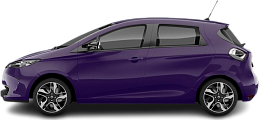
- Discontinued
- 2016-2019
- Real Range
- 286 km
- 0-100 km/h
- 13.2 s
- Price (Europe)
- €6.950
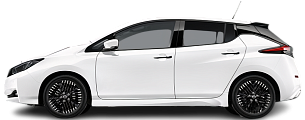
- Discontinued
- 2022-2025
- Real Range
- 336 km
- 0-100 km/h
- 7.1 s
- Price (Europe)
- €20.900

- Discontinued
- 2013-2015
- Real Range
- 125 km
- 0-100 km/h
- 8.4 s

- Discontinued
- 2014-2016
- Real Range
- 135 km
- 0-100 km/h
- 10.4 s
- Price (Europe)
- €9.600
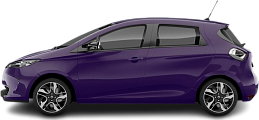
- Discontinued
- 2016-2019
- Real Range
- 286 km
- 0-100 km/h
- 13.2 s
- Price (Europe)
- €6.750

- Discontinued
- 2016-2019
- Real Range
- 278 km
- 0-100 km/h
- 13.2 s
- Price (Europe)
- €6.250

- Discontinued
- 2015-2016
- Real Range
- 180 km
- 0-100 km/h
- 13.5 s
- Price (Europe)
- €4.400

- Discontinued
- 2012-2016
- Real Range
- 158 km
- 0-100 km/h
- 13.5 s
- Price (Europe)
- €3.450





 Nissan Leaf 24 kWh (2010-2013)
Nissan Leaf 24 kWh (2010-2013)  Nissan Leaf 40 kWh (2017-2022)
Nissan Leaf 40 kWh (2017-2022)